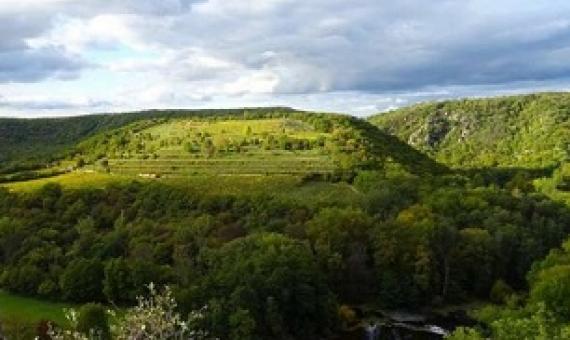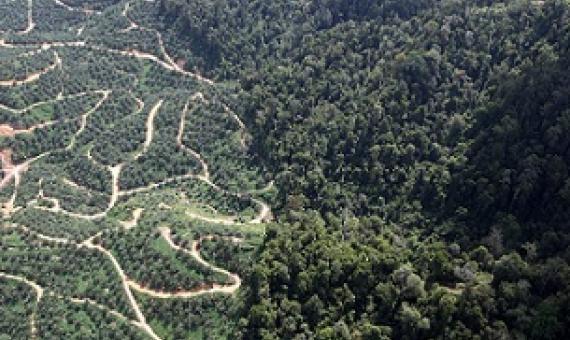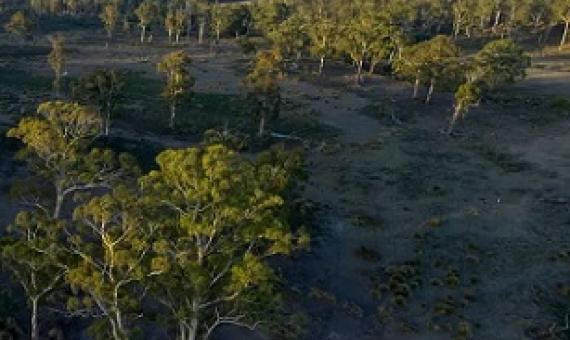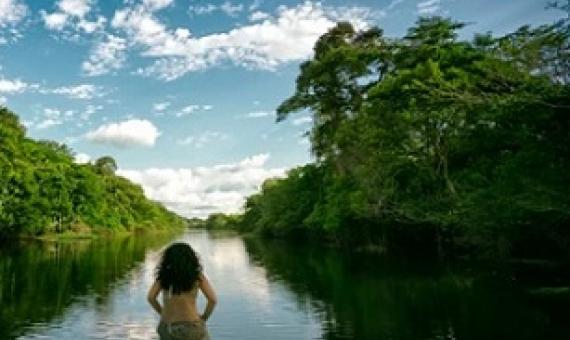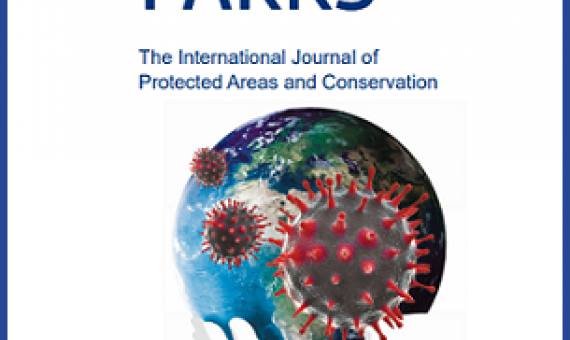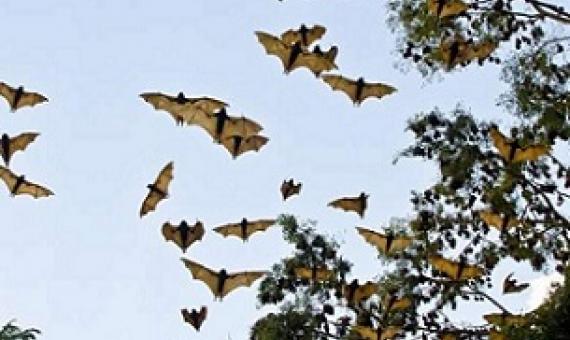Poaching threatens wildlife conservation around the world, and it's a top concern in protected conservation areas and parks, where rangers patrol the wilderness in an effort to deter and document this kind of illegal activity.
COVID-19 and protected areas: Impacts, conflicts, and possible management solutions
During the first wave of the COVID-19 pandemic, management authorities of numerous Protected Areas (PAs) had to discourage visitors from accessing them in order to reduce the virus transmission rate and protect local communities. This resulted in social–ecological impacts and added another layer of complexity to managing PAs. This paper presents the results of a survey in Snowdonia National Park capturing the views of over 700 local residents on the impacts of COVID-19 restrictions and possible scenarios and tools for managing tourist numbers.
Designating land as a protected area (PA) reduces, but does not stop, deforestation, according to a recent study that found rates of deforestation are only 41% lower in PAs compared to non-PAs.
Bruce and Ann McGregor used a bequest of $1.6m from Bruce’s late father to buy Prosser River Reserve, protecting a diverse natural refuge...While much of the surrounding country has been cleared for farming since then, the reserve has been left relatively untouched.
COVID-ERA POLICIES AND ECONOMIC RECOVERY PLANS: ARE GOVERNMENTS BUILDING BACK BETTER FOR PROTECTED AND CONSERVED AREAS?
The COVID-19 pandemic is having a major impact on conservation policies and practice at multiple scales, including protected and conserved areas (PCAs). There is a need to understand the implications for PCAs of recent actions, enacted or promoted in the wake of COVID-19. To fill this knowledge gap, we reviewed economic stimulus packages and other government policies that were implemented or advanced between January and October 2020.
Scheduling incremental actions to build a comprehensive national protected area network for Papua New Guinea
Systematic conservation planning identifies priority areas to cost-effectively meet conservation targets. Yet, these tools rarely guide wholesale declaration of reserve systems in a single time step due to financial and implementation constraints. Rather, incremental scheduling of actions to progressively build reserve networks is required. To ensure this incremental action is guided by the original plan, and thus builds a reserve network that meets all conservation targets, strategic scheduling, and iterative planning is needed.
PARKS The International Journal of Protected Areas and Conservation, Issue 27 Special Issue on COVID-19 MARCH 2021
This special issue of PARKS is devoted to the impact and implications of COVID-19 on the world’s protected and conserved areas. It features 11 peer reviewed papers and 14 essays that have brought together the knowledge and findings of numerous experts from all parts of the world, supported by several wide-ranging surveys. The resulting global synthesis of experience answers some key questions: why did the pandemic occur? what has it meant for protected and conserved areas, and the people that depend on them? what were the underlying reasons for the disaster we now face?
There is persuasive evidence that far-reaching protections for the planet’s remaining forests, grasslands, wetlands, coastal marshes and other ecosystems are urgently needed, not only to prevent the further decline and extinction of other species but to stabilize the global climate.
A new special issue of PARKS, the journal of the IUCN World Commission on Protected Areas, published today reveals massive impacts on global conservation efforts seen during the COVID-19 pandemic. The special issue dives deep into the long-term ramifications that the global pandemic may
CABI scientist Dr. Arne Witt has shared his expertise on invasive alien plant species as part of a new paper which argues that healthy ecosystems are vital in reducing the risk of future pandemics—such as coronaviruses (including COVID-19) - that threaten human health.

